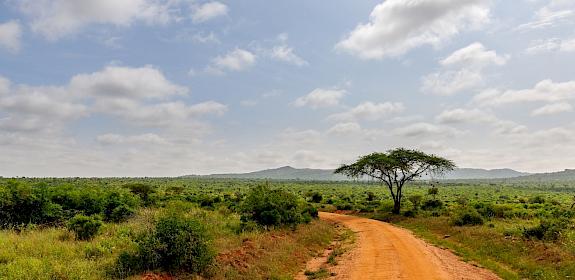Timely significant ivory seizure in Viet Nam
Johannesburg, South Africa, 2nd October 2016—in the midst of the 17th Conference of the Parties to the Convention on International Trade in Endangered Species of Wild Fauna and Flora (CITES CoP17), more than 300 kg of ivory has been seized in Viet Nam.
The seizure, originating from Nigeria, was made at Noi Bai International Airport, Hanoi, yesterday and comprised 309 kg of elephant ivory falsely declared as glass. The seizure follows one made in March 2016, when Customs officials at Noi Bai Airport seized 238 kg of ivory and 248 kg of pangolins scales also arriving by air from Nigeria.
The authorities in Viet Nam are to be commended for making this important seizure which in some ways exemplifies why we are here at CITES
Dr Chris R. Shepherd, Regional Director for TRAFFIC in Southeast Asia
Today, CITES made critical decisions to enshrine a National Ivory Action Plan process for countries like Viet Nam and Nigeria to examine cases such as this one and move to enhance measures to curb illegal trafficking.
In 2013, Viet Nam was one of eight countries and territories recognized by CITES as a “country of primary concern” regarding its prominent role in the illegal ivory trade, a position reinforced in the most recent analysis of the Elephant Trade Information System (ETIS) released in June 2016, when the country’s role as an important consumer was highlighted in addition to it being a key transit country in Asia.
A survey carried out over an approximately two-week period in 2015 found more than 16,000 ivory products in the greater Hanoi area alone.
The 2016 ETIS report also featured Nigeria, a country identified as a “country of secondary concern” owing to the fact that it was the second most prominent ivory exporting nation in West Africa in the period 2012-2014.
Ivory smuggled out of Nigeria is reported to be largely from other countries, originating in particular from Central and East Africa. Nigeria is also known to have a large and unregulated domestic ivory market.
Illegal trade in ivory continues to be a major threat to the survival of elephant populations in Africa.
“Only through law enforcement action that unmasks the identity of the criminal syndicates behind the trade will we be able to end the trafficking,” said Shepherd.





